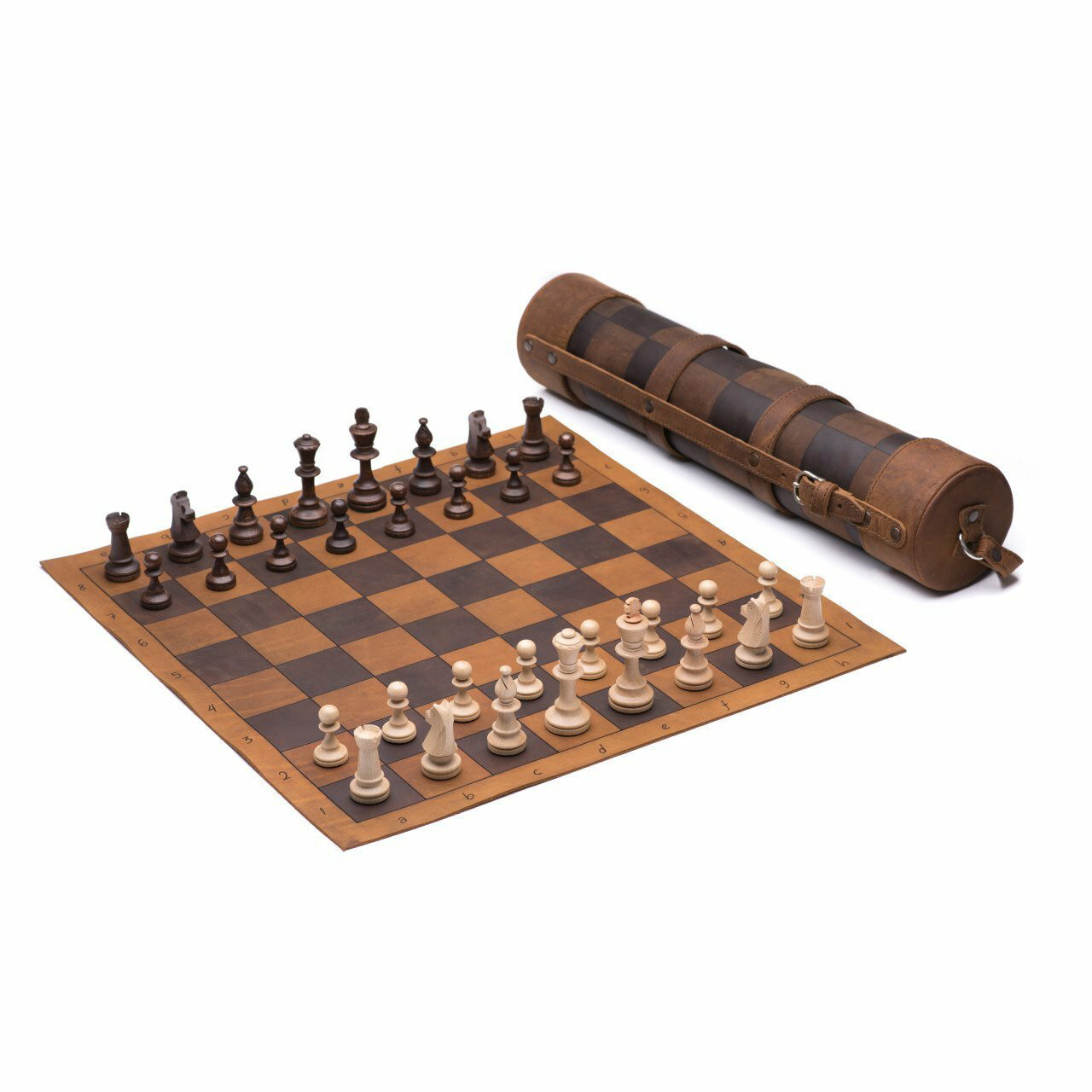Chess is a game loved by many. It is fun and challenging. To get better at chess, many join chess clubs. But, there are different plans you can choose from. The most common are monthly and annual plans. Which one is right for you? Let’s find out.
Understanding Chess Membership Plans
Chess membership plans offer various benefits. These can include lessons, tournaments, and access to resources. Membership plans can be paid monthly or annually. Each has its own advantages.
Monthly Chess Membership Plans
Monthly plans are paid every month. They usually have a lower cost upfront. This can be good if you are not sure how long you will play. Here are some pros and cons of monthly plans:
Pros Of Monthly Plans
- Flexibility: You can cancel anytime.
- Lower Initial Cost: Pay a smaller amount each month.
- Try Before Committing: See if you like the club before paying for a year.
Cons Of Monthly Plans
- Higher Total Cost: Can be more expensive over time.
- Frequent Payments: Need to remember to pay every month.
Annual Chess Membership Plans
Annual plans are paid once a year. They often come with a discount. This can be good if you know you will play all year. Here are some pros and cons of annual plans:
Pros Of Annual Plans
- Cost Savings: Usually cheaper over the year.
- Commitment: Encourages regular play and improvement.
- Convenience: One payment for the whole year.
Cons Of Annual Plans
- Higher Upfront Cost: Pay a larger amount at once.
- Less Flexibility: Harder to cancel if plans change.
Cost Comparison: Monthly Vs. Annual
| Plan Type | Monthly Cost | Annual Cost | Yearly Savings |
|---|---|---|---|
| Monthly Plan | $10 | $120 | $0 |
| Annual Plan | $8.33 | $100 | $20 |
As you can see, annual plans often save money. But, they require a bigger payment upfront.
Choosing the Right Plan for You
Deciding between monthly and annual plans depends on your needs. Here are some questions to help you decide:
1. How Often Do You Play Chess?
If you play often, an annual plan might be better. It saves money and encourages regular play. If you play less often, a monthly plan might be better. You can cancel anytime.
2. How Long Will You Stay With The Club?
If you plan to stay for a year or more, an annual plan is good. It saves money over time. If you are unsure, a monthly plan gives flexibility.
3. What Is Your Budget?
If you have a tight budget, a monthly plan might be easier. It spreads the cost over time. If you can afford a larger payment, an annual plan saves money.
Conclusion
Both monthly and annual chess membership plans have their pros and cons. Monthly plans offer flexibility and lower upfront costs. Annual plans offer savings and convenience. Consider your playing habits, commitment, and budget. This will help you choose the best plan for you. Happy playing!

Credit: www.chess.com

Credit: chessgoals.com
Frequently Asked Questions (FAQs)
1. What Happens If I Want To Cancel My Membership?
If you have a monthly plan, you can cancel anytime. For annual plans, you may not get a refund. Check the club’s policy first.
2. Can I Switch From A Monthly To An Annual Plan?
Many clubs allow you to switch plans. You may even get a discount for switching to an annual plan.
3. Are There Other Types Of Membership Plans?
Some clubs offer family plans or lifetime memberships. Check with your club for all options.
4. Do Membership Plans Include Lessons?
Many plans include lessons, but it varies. Check the details of the plan you choose.
5. How Do I Find A Good Chess Club?
Ask friends, search online, or visit local community centers. Read reviews and visit the club before joining.
Final Thoughts
Choosing the right chess membership plan is important. It depends on how often you play and your budget. Monthly plans are flexible. Annual plans save money. Think about your needs and make the best choice for you.







